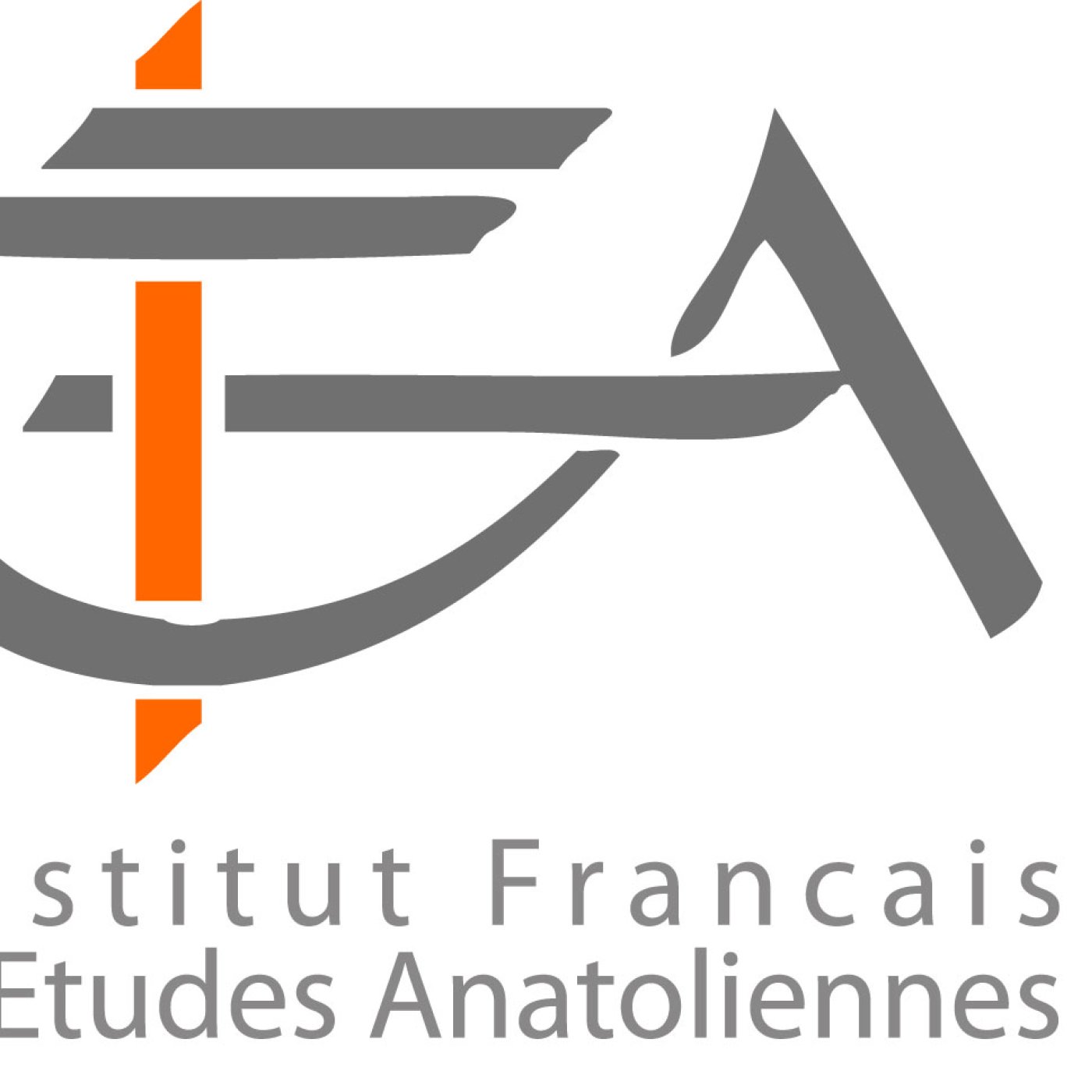Conférence - Becoming and un-becoming Roman

A l'Université de Bilkent et en ligne :https://zoom.us/j/8926908546?omn=94163813053 Meeting ID: 892 690 8546
Intervention en anglais
Organisé en partenariat avec l'université de Bilkent, l'université Haccettepe et l'université Koç.
Pr Leonora Neville, University of Wisconsin–Madison
Keynote by Pr. Leonora Neville : Romans in the East, Roman Religion, and Unbecoming Roman
For well over a decade now, Byzantine scholars have sought to answer thorny questions of the Byzantines’ identity:
- Were they Greeks? Romans? Or something else?
- A proto-nation state bound by Romanness or an empire held together by elite images of identity projected on heterogenous ethnicities?
- Were they part of a larger Christian commonwealth? How does their art, literature, and material culture reflect their identity?
- How does that identity permeate after Byzantium?
- As scholars, should we replace artificial terms such as Byzantium and Byzantine with Rome and Roman? What about Late Antiquity as a concept?
These questions continue to spark debate in the field and likely will for some time. However, as we come to accept that Byzantines are generally identified as Romans, a number of questions emerge. As we appreciate Romanness, when and how does that Romanity stop? What social factors lead Romans to deny Romanness to others? What does the process of de-Romanization look like in the literary and material domains? Are there sharp breaks in the process or is it one of continuity and transformation?
The present seminar series aims to address a number of these questions, asking us how did one unbecome a Roman? When did people finally answer the question “to be a Roman or not to be a Roman '' with a negative answer.
Détails
| Date de l'événement | 15/12/2023 12:30 pm |
| Places | Illimitée |
| Lieu | Zoom meeting |





